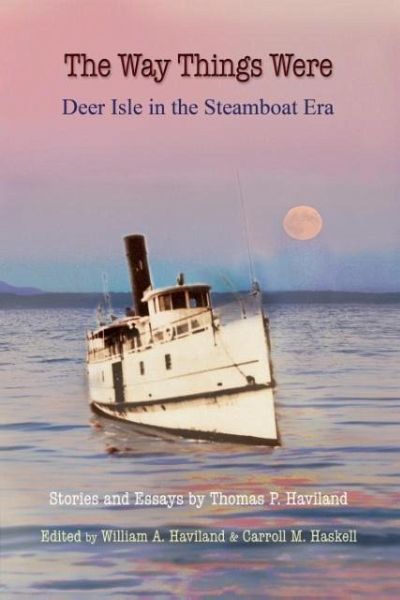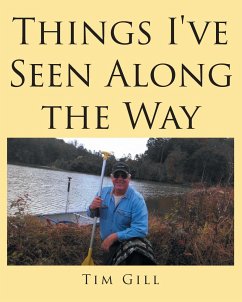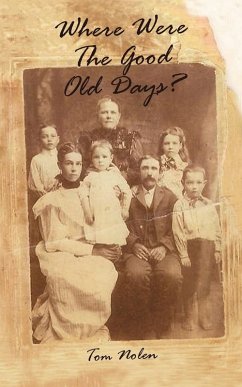
The Way Things Were
Deer Isle in the Steamboat Era
Herausgeber: Haviland, William A.; Haskell, Carroll M.
Versandkostenfrei!
Versandfertig in 1-2 Wochen
13,99 €
inkl. MwSt.

PAYBACK Punkte
7 °P sammeln!
For close to 100 years, from the 1840s until 1942, Deer Isle, an island off the coast of Maine, relied on steamboats for access to other parts of the state. During this era, the island was a place of small family farms with a strong seafaring tradition. In the last four decades of this time, Tom Haviland was part of this island life. In his final years, Tom penned a series of short stories and essays based on his early experiences and characters he had known. Through them, we get a view of what island life was like in these bygone days.












